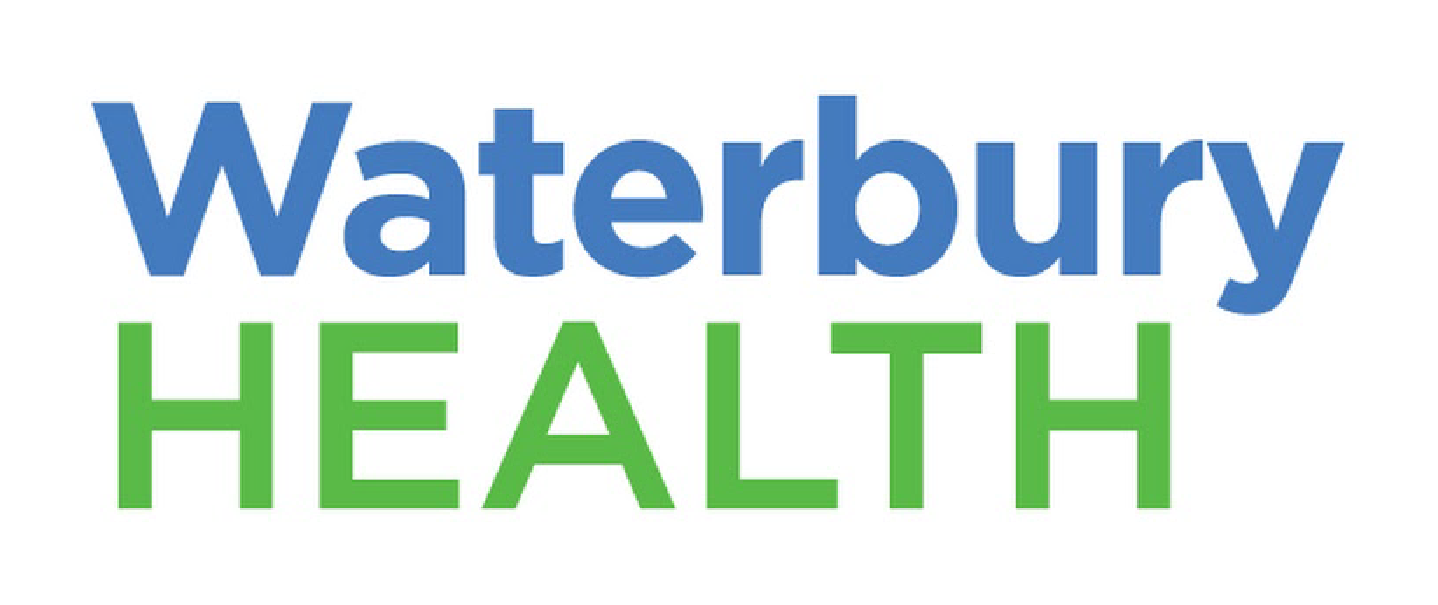Enjoy Summer – But Don’t Get Burned!
Now that summer’s here, many of us are tempted to spend the long, sunny days outdoors as much as possible.
But sometimes we forget the dangers that overexposure to the sun can pose – these include skin damage and/or skin cancer caused by ultraviolet (UV) radiation as well as potentially life-threatening heat-related illness when the temperature soars.
Children, especially, need to be protected from the harmful effects of the sun since they tend to spend more time outdoors, get distracted by all the fun they’re having, and burn and overheat more easily.
July is UV Safety Month, so here are some important tips to help you and your family enjoy the summer sun without getting burned!
Protection from UV Radiation
Prolonged exposure to UV radiation is a major risk factor for skin cancer. The sun is the primary culprit when it comes to skin cancer from UV rays, but tanning beds and lamps can also be a danger.
According to the Skin Cancer Foundation, about 90% of non-melanoma skin cancers (including basal cell carcinoma, the most common form of skin cancer, and squamous cell carcinoma) as well as a large percentage of melanomas (the most dangerous of the three most common types of skin cancer) are associated with exposure to UV radiation from the sun.
To protect yourself from UV radiation:
- Stay in the shade – This is one of the best ways to avoid UV exposure and is especially important between 10 am and 4 pm when the sun’s rays – and UV radiation – are strongest. Babies younger than 6 months should be kept out of the direct sunlight at all times.
- Wear protective clothing – Make sure to wear long-sleeved shirts, long pants, or long skirts when you’re outdoors in the summer so your skin is least exposed to the sun. Many types of clothing are now available with built-in UV protection of various strengths. Always wear a hat – preferably, a wide brimmed one that protects your face, eyes, nose, and ears. Babies and children should also wear hats and protective clothing. Wear good-quality sunglasses that block both UVA and UVB rays (the two types of UV radiation that comes from the sun) and don’t use toy sunglasses for your children.
- Use sunscreen…properly – Sometimes, in our hurry to get outdoors, we just slap some sunscreen on at the beginning of the day and then forget about it. But when you sweat or swim, sunscreen can wash off, so you need to make sure you reapply it at least every two hours. Use sunscreen with broad-spectrum protection – meaning it offers protection against both UVA and UVB rays. And choose a sunscreen with a sun protection factor (SPF) of 30 or higher. Always check the expiration date before applying – sunscreen usually is still effective after two to three years. Important reminder: Sunscreen does not block all UV rays so always use it in combination with other protective measures.
- Avoid tanning beds and lamps – Don’t be tempted to maintain your tan year-round by using a tanning bed or lamp. They can cause skin damage and increase your risk of skin cancer, including melanoma.
The Dangers of Extreme Heat
Summer can also bring the threat of very high temperatures. In fact, the American Red Cross warns that extreme heat is the most dangerous type of severe-weather event in the US.
Fortunately, there are steps we can take proactively to prepare ourselves, our loved ones and our communities for extreme heat and the power outages that frequently accompany them. These include actions to take both prior to and during a heat wave:
- Before a heat wave – Buy and store water, food and medicine before the heat wave hits because stores and pharmacies may be closed during the actual extreme heat event. Remember: Staying hydrated is one of the most important things you can do to avoid heat-related illness. Drink water and stay away from sugary, caffeinated and alcoholic drinks. Make sure your home stays as cool as possible by covering windows with drapes, weatherproofing doors, buying fans or air conditioners, etc. Identify a place – such as a cooling center, mall, or public library – where you can go to stay cool if the heat gets too intense.
- During a heat wave – Stay connected to family and friends if you live alone. Check in regularly on older adults who may be more at risk of health-related illness. If someone shows signs of health-related illness or heat stroke, seek emergency care immediately. Drink plenty of fluids – but don’t wait until you’re thirsty to drink. Snacks or a sports drink can be used to replace the salt and minerals you lose through excess sweating. Stay cool – in an air-conditioned space if possible. Wear loose, light-colored clothing and limit outdoor activity to the cooler early morning and evening hours. Remember: Don’t use an electric fan when the indoor temperature is over 95 degrees as it may make your body even hotter. Take a cold shower or bath instead.
For more detailed tips on how to safely handle an extreme heat event, check out the American Red Cross website. The CDC has some additional information that may be useful.
Summer is a time for fun and family! It’s possible to enjoy the sunshine – safely – by taking just a few extra precautions!
